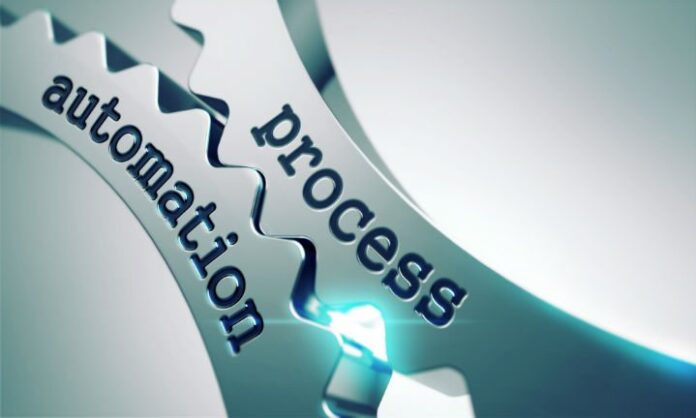NEW ORLEANS–Automation, broadly speaking, is meant to replace manual processes with complex systems to collect, analyze and take action on data inputs. This will certainly have major implications for the global workforce but, when we focus more narrowly on network automation, it can be accomplished without making employees fearful of their future.
“The amount of buy-in employees have when actually implementing the automation is critical,” Keith Rothschild, principal engineer for Cox, said during a panel this week at the Cable-Tec Expo. “You’re going to run into challenges. Even after automation gets implemented, they’re the ones who will have day-to-day ownership. If they don’t have ownership in it, then it will quickly start to run into challenges.”
Stepping back to a macro view on automation, the impact on the workforce is apparent today even in the early stages of system implementations. Case in point, a recent study of the use of robotics in the U.K.’s healthcare sector found that employees are deliberately “sabotaging” robotic co-workers.
Jonathan Payne of De Montfort University in the U.K. conducted the research and told Personnel Today, “We heard stories of workers standing in the way of robots, minor acts of sabotage–and not playing along with them.”
Rothschild described three categories of consideration used to determine if automation is the right path forward. Product-driven automation is necessary in customer self-service where there’s no other way to do it. Automation is a good choice if it creates operational savings and if it can create lifecycle-related savings.
“When we ask why do we do automation,” he said, “the answer is to add business value. Automation is needed just to keep up with the scale of technology. Characteristics of automation systems that add value are the fact that it increases productivity and then…it reduces the level of human interaction. The automation system can do things more quickly and more consistently.”
So how do you sell this to employees that could be impacted?
“We can develop employees so they have skills that are based off of data stewardship, that are based off of process analysis. Automation doesn’t mean you have to be a programmer.” Those data- and process-focused functions are “just as valuable if not more than programming skills. These are often domain-specific things that are hard to replace.”

